The Death of Arthur following the furious and ferocious Battle of Camlann, most likely at Slaughterbridge on the River Camel in Cornwall near Camelford is commemorated in a sixth century inscribed stone in the River.
Alfred, Lord Tennyson, being a poet whose feelings were touched by these stories arrived to write his famour tales of Arthur at the Hanbury Arms Inn on the Usk at Caerleon, remaining for quite some time. In spite of the romanticised setting he does capture the sadness and agony of Bedwyr, Arthur's trusted friend that all is over. This is the end of the Island of Britain as they knew it. The Welsh were the remnants of a larger nation, who until Arthur could not learn to live together for the common good. There is the realisation, that his wife did not care for him, his beloved friends were dead and he could not have been sure if it was all woth it. It is his cousin Morgan who accompanies him to Glastonbury-the former lake village, the beautiful orchards of apples and meadows, where his later tomb stone read
HIC IACET ARTORIVS REX QVONDAM REXQVE FVTVRVS
Here lies Arthur, the once and future King
So all day long the noise of battle rolled
Among the mountains by the winter sea;
Until King Arthur's table, man by man,
Had fallen in Lyonnesse about their Lord,
King Arthur: then, because his wound was deep,
The bold Sir Bedivere uplifted him,
Sir Bedivere, the last of all his knights,
And bore him to a chapel nigh the field,
A broken chancel with a broken cross,
That stood on a dark strait of barren land.
On one side lay the Ocean, and on one
Lay a great water, and the moon was full.
Then spake King Arthur to Sir Bedivere:
"The sequel of today unsolders all
The goodliest fellowship of famous knights
Whereof this world holds record. Such a sleep
They sleep -the men I loved. ……
Then loudly cried the bold Sir Bedivere,
"Ah! my Lord Arthur, whither shall I go?
Where shall I hide my forehead and my eyes?
For now I see the true old times are dead,
When every morning brought a noble chance,
And every chance brought out a noble knight.
Such times have been not since the light that led
The holy Elders with the gift of myrrh.
But now the whole ROUND TABLE is dissolved
Which was an image of the mighty world;
And I, the last, go forth companionless,
And the days darken round me, and the years,
Among new men, strange faces, other minds."
And slowly answered Arthur from the barge:
"The old order changeth, yielding place to new,
And God fulfils Himself in many ways,
Lest one good custom should corrupt the world.
Comfort thyself: what comfort is in me?
I have lived my life, and that which I have done
May He within Himself make pure! but thou,
If thou shouldst never see my face again,
Pray for my soul. More things are wrought by prayer
Than this world dreams of. Wherefore, let thy voice
Rise like a fountain for me night and day.
For what are men better than sheep or goats
That nourish a blind life within the brain,
If, knowing God, they lift not hands of prayer
Both for themselves and those who call them friend?
For so the whole round earth is every way
Bound by gold chains about the feet of God.
But now farewell. I am going a long way
With these thou seest -if indeed I go -
(For all my mind is clouded with a doubt)
To the island-valley of Avilion;
Where falls not hail, or rain, or any snow,
Nor ever wind blows loudly; but it lies
Deep-meadowed, happy, fair with orchard-lawns
And bowery hollows crowned with summer sea,
Where I will heal me of my grievous wound."
Subscribe to:
Post Comments (Atom)











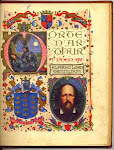







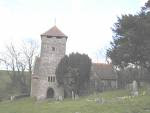
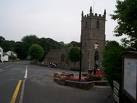


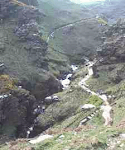

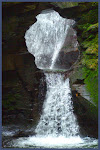


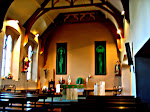









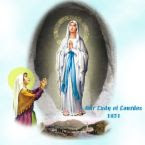


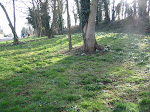

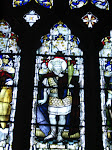
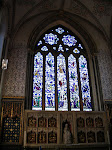
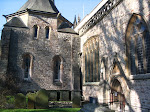
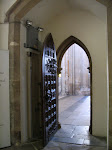
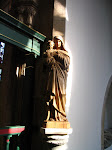


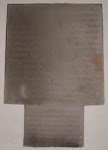



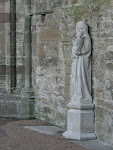









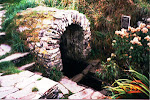


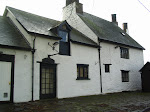
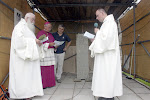



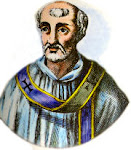
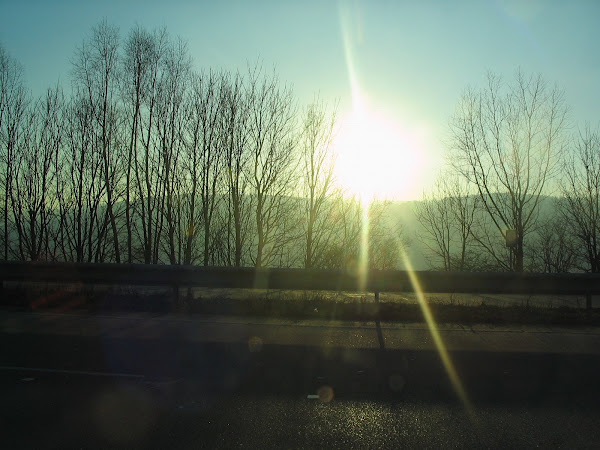


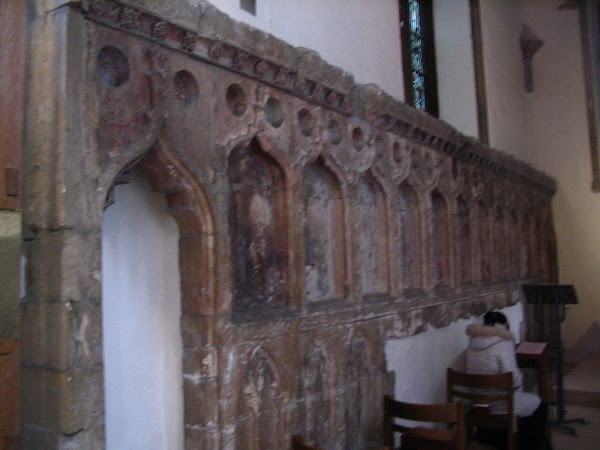
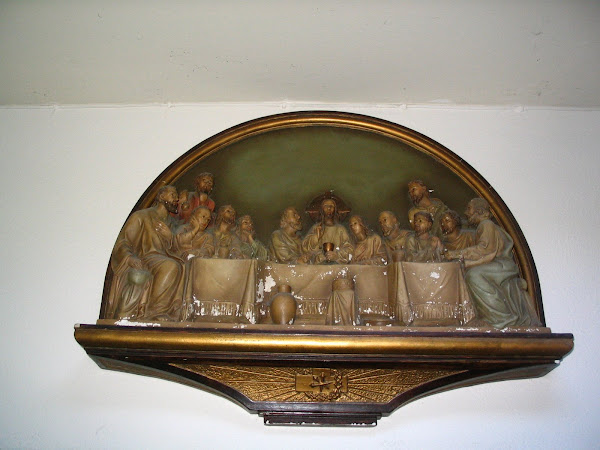




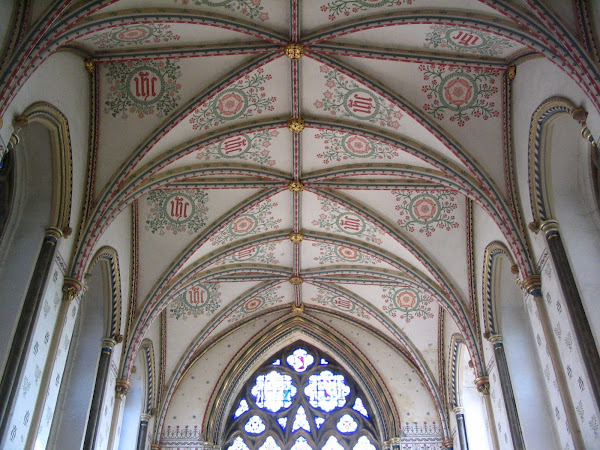


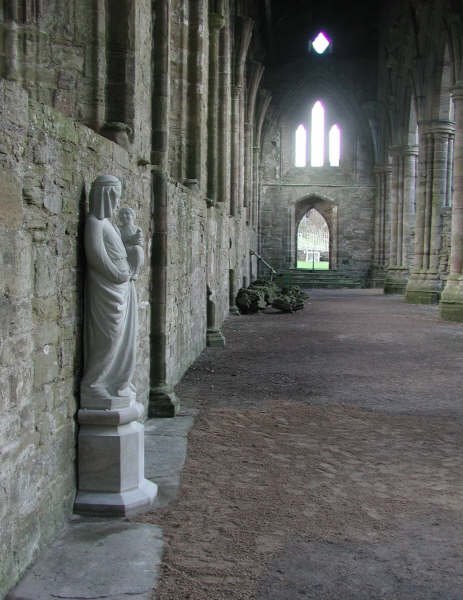
No comments:
Post a Comment